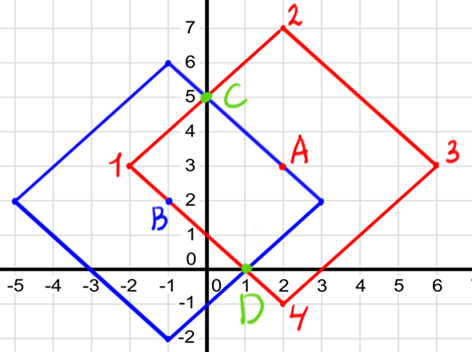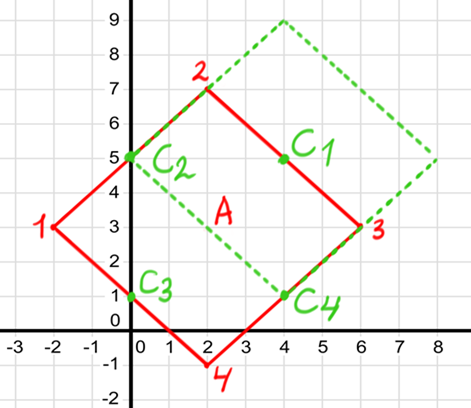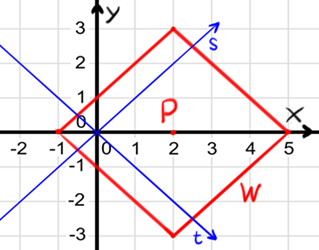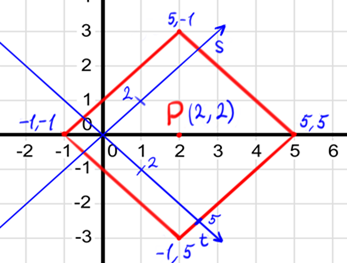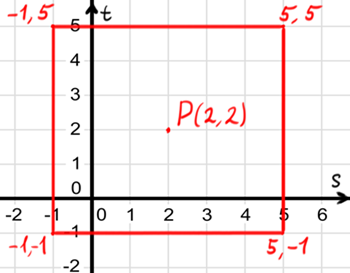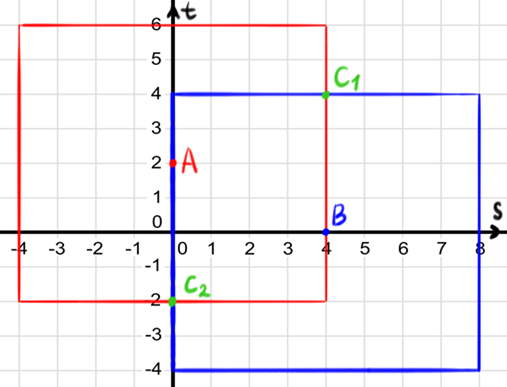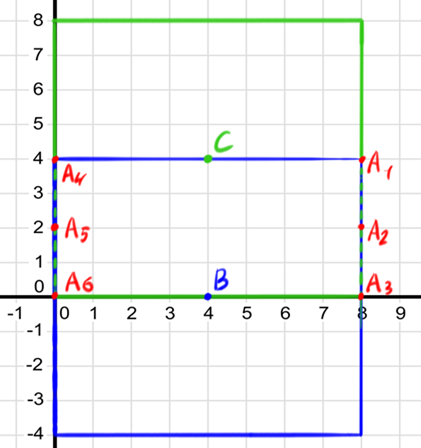By long break I mean 3 months or more.
I recently experienced a great positive effect on my job-related performance after having a long break. It seemed weird, I expected an opposite effect.
So my question is, have you ever:
- practice something (Competitive Programming or maybe some other non-physical activity) for a long time
- then took a long break (3 months+ of not engaging with this activity at all)
- then continued to actively practice something
Did your performance increase or decrease?









